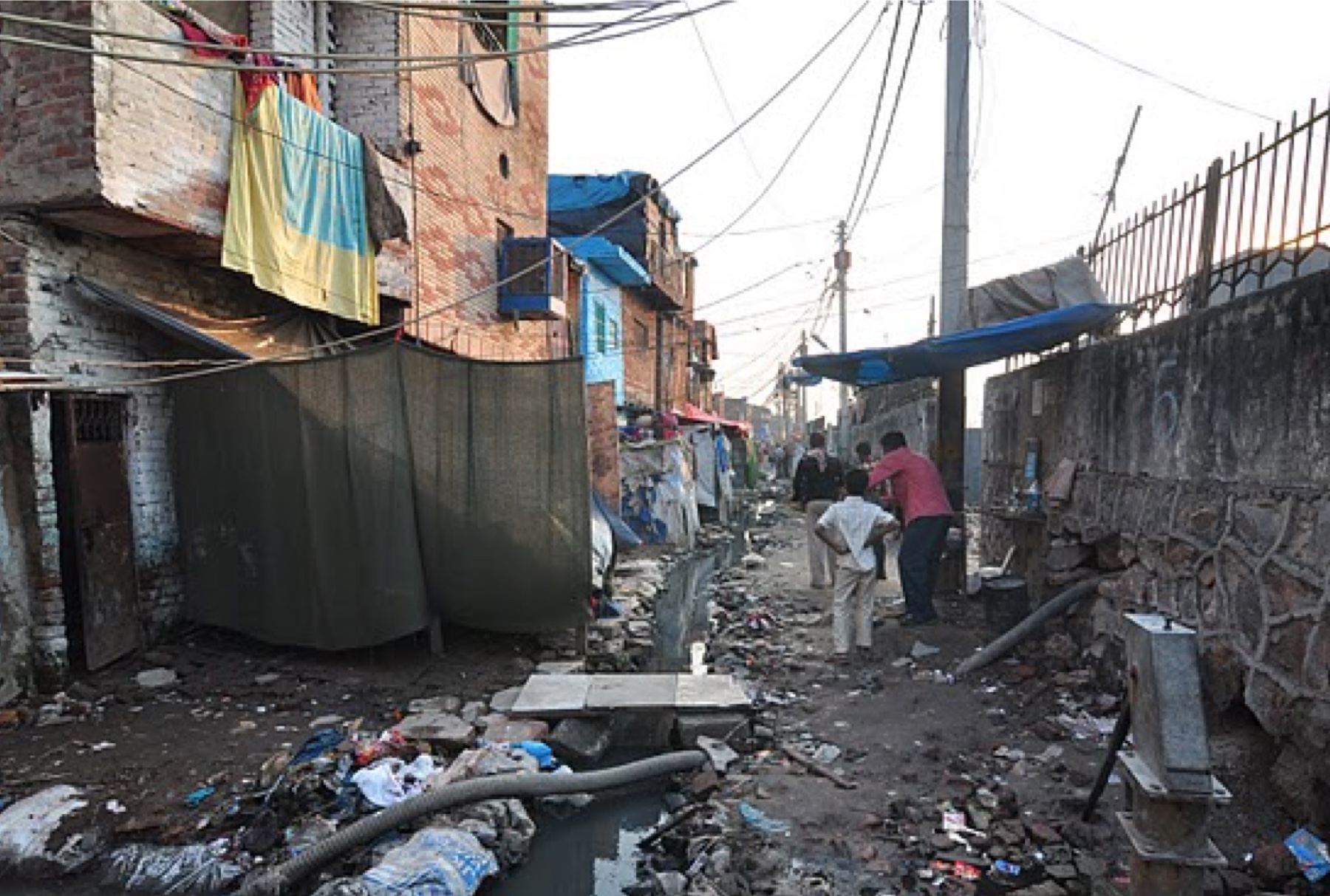Marginalisation and Underrepresentation in Virtual Exchange
The causes and remedies for marginalisation and underrepresentation in global virtual exchange initiatives: A comprehensive survey of stakeholders in four geopolitical sectors.
About the project
This project has been funded $19,619 by the Steves Initiative, and runs from January until October 2021. Dr Müge Satar is co-investigator, along with colleagues from four other international partner universities.
Virtual Exchange (VE) is as prone to suffer from Western hegemonies as any other form of online education. Exchanges can be influenced by:
- access to and experience with technology
- institutional constraints (eg lack of support and acknowledgement)
- gender
- race
- age
- dominance of the English language
- Socio-political and geo-political challenges are also a factor (Helm, 2020)
Our starting point is Critical VE: VE as a vehicle for action, public engagement, and socio-political change. This requires us to move outside of our VE comfort zone and reach out to those who are marginalised and/or underrepresented in VE-based international learning.
This study seeks to understand the obstacles that prevent educators and administrators from these regions to consider VE as a vehicle for international education.
